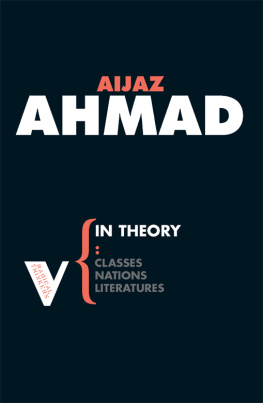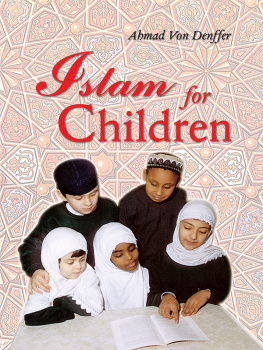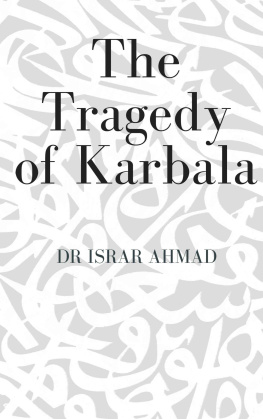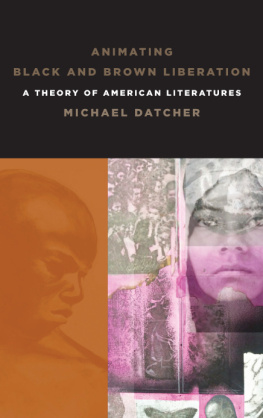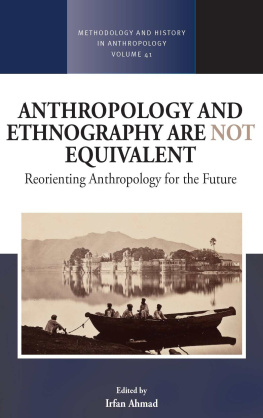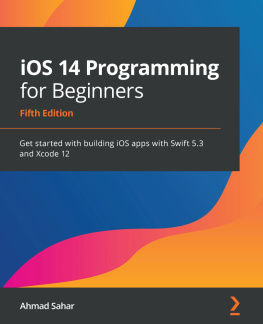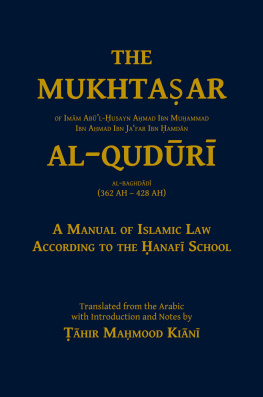Aijaz Ahmad - In Theory: Nations, Classes, Literatures
Here you can read online Aijaz Ahmad - In Theory: Nations, Classes, Literatures full text of the book (entire story) in english for free. Download pdf and epub, get meaning, cover and reviews about this ebook. publisher: Verso, genre: Politics. Description of the work, (preface) as well as reviews are available. Best literature library LitArk.com created for fans of good reading and offers a wide selection of genres:
Romance novel
Science fiction
Adventure
Detective
Science
History
Home and family
Prose
Art
Politics
Computer
Non-fiction
Religion
Business
Children
Humor
Choose a favorite category and find really read worthwhile books. Enjoy immersion in the world of imagination, feel the emotions of the characters or learn something new for yourself, make an fascinating discovery.
- Book:In Theory: Nations, Classes, Literatures
- Author:
- Publisher:Verso
- Genre:
- Rating:3 / 5
- Favourites:Add to favourites
- Your mark:
- 60
- 1
- 2
- 3
- 4
- 5
In Theory: Nations, Classes, Literatures: summary, description and annotation
We offer to read an annotation, description, summary or preface (depends on what the author of the book "In Theory: Nations, Classes, Literatures" wrote himself). If you haven't found the necessary information about the book — write in the comments, we will try to find it.
In Theory: Nations, Classes, Literatures — read online for free the complete book (whole text) full work
Below is the text of the book, divided by pages. System saving the place of the last page read, allows you to conveniently read the book "In Theory: Nations, Classes, Literatures" online for free, without having to search again every time where you left off. Put a bookmark, and you can go to the page where you finished reading at any time.
Font size:
Interval:
Bookmark:
This eBook is licensed to Shamil M.V, shamilmv00768@gmail.com on 12/27/2020
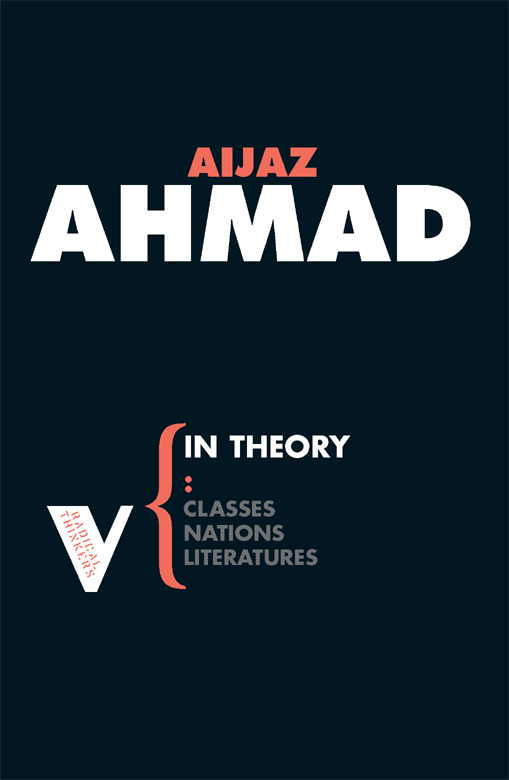
This eBook is licensed to Shamil M.V, shamilmv00768@gmail.com on 12/27/2020
Aijaz Ahmad

This eBook is licensed to Shamil M.V, shamilmv00768@gmail.com on 12/27/2020
First published by Verso 1992
Copyright Aijaz Ahmad 1992
This edition published by Verso 2008
Copyright Aijaz Ahmad 2008
All rights reserved
The moral right of the author has been asserted
1 3 5 7 9 10 8 6 4 2
Verso
UK: 6 Meard Street, London W1F 0EG
USA: 180 Varick Street, New York, NY 10014-4606
www.versobooks.com
Verso is the imprint of New Left Books
ISBN-13: 978-1-84467-213-4
British Library Cataloguing in Publication Data
A catalogue record for this book is available from the British Library
Library of Congress Cataloging-in-Publication Data
A catalog record for this book is available from the Library of Congress
Printed and bound by ScandBook AB, Sweden
This eBook is licensed to Shamil M.V, shamilmv00768@gmail.com on 12/27/2020
This eBook is licensed to Shamil M.V, shamilmv00768@gmail.com on 12/27/2020
Jamesons Rhetoric of Otherness and the National Allegory , which appears as of Contemporary Studies and as a chapter in Svati Joshi, ed., Re-thinking English: Culture, Literature, Pedagogy (New Delhi: Trianka, 1991). In other words, all this material has been in gestation, for three years or so, even though the statement of my positions is more systematic and elaborate in the present book. I am grateful to journals and institutions which have been hospitable to those earlier versions of my writing, and to audiences who helped me think my thoughts more accurately. The list of individuals who helped me in that process is, alas, too long for me to acknowledge all my debts. I must perforce limit myself only to those who have been very much involved in the making of this book as it now stands, in ways that can be acknowledged in a tangible form.
Michael Sprinker read the entire manuscript with astute and affectionate attention to each detail, giving me the benefit of his close readings with unswerving generosity, some local disagreements notwithstanding. Kumkum Sangari also read the whole manuscript, much of it in several versions, and the book would not have been what it is without her criticism, advice and support. Sumit Sarkar and Tanika Sarkar read much of the manuscript and gave me invaluable advice on many points, as did Talal Asad and Harbans Mukhia who read the penultimate version of the chapter that has been for me the most difficult to write. Bruce Robbins thought that I had a book before I thought so myself; his enthusiastic involvement in the conception of the book and in the publication of what appears here as should not be construed, though, as agreement with what follows in later chapters. Ibrahim Noor Shariff and John Loose took over a number of responsibilities, personal and intellectual, which I was unable to undertake myself. Among friends and scholars who helped me in numerous ways, I must mention my special debt to Ravinder Kumar, Director of the Centre and the Library where I have been a Fellow while most of this book was written. I have drawn on his magnificant knowledge of Indian history, his support as a senior colleague and his kindness as a personal friend more freely and variously than I can recount.
The immediate and personal conditions of ones production loom large in life but appear only in the margins of print. The generosity of my children, who chose to go on happily with their lives through my long absences, has been not only a cause of extraordinarily pleasurable wonder for me but also the largest single source of what sanity or confidence I possess. A circle of friends in Delhi, only a few of whose names appear in these acknowledgements, kept alive in me the belief that what I had to say made, on the whole, considerable sense. Such belief, in the resolve to say things which go against the contemporary current, does not come easy and certainly cannot come if one in any degree feels alone. The opportunity to speak from within a structure of solidarities, shared with children in some ways and with adults in some others, is always a rare privilege.
This eBook is licensed to Shamil M.V, shamilmv00768@gmail.com on 12/27/2020
of Our Time
The unity of this book is not of a chronological, disciplinary or even narrative kind, though it includes chronologies and narratives aplenty. This unity is rather, as I conceive of it, theoretical and thematic. The notable development in literary studies, as these have evolved in all the English-speaking countries over the past quarter-century or so, is the proliferation, from a great many critical positions, of what has come to be known simply as theory. Gerald Graff has quite rightly pointed out that this explosion of theory is an outcome of a climate of radical disagreement regarding signifying cultural practices and modes of interpreting them, and that this dissentual culture is as much a product of the new forms of knowledge which have arisen since World War II to destabilize the established ways of intellectual inquiry as it is a consequence of the politicizations which have occurred in the wake of postwar demographic shifts in the metropolitan universities and the students movements of the 1960s.in the labour movements around the globe. For the historic New Left as it arose in Britain, the reference points had been Hungary and Suez, supplemented then by the crisis of labourism itself; in the United States, those sorts of energies had been associated first with Cuba and then with Vietnam, with the ambiguous liberalism of the Democratic Party itself becoming a very considerable issue. In France, terminologies were slightly different, but the wars in Indochina and Algeria had played the same constitutive role in the imaginations of the Left before the ascendancy of structuralism in the perspective of High Gaullism, of course. Literary debates in these three cultures presumed those realities up to, and somewhat beyond, 1968. The notable achievement of the children of 68 is that they did not even intend to give rise to a political formation that might organize any fundamental solidarity with the two million workers who are currently unemployed in France. Debates about culture and literature on the Left no longer presume a labour movement as the ground on which they arise; theory is now seen, by Graff among many others, as a conversation among academic professionals.
This explosion of theory as conversation and reformulation has been, in one major aspect, a matter of catching up with many kinds of very diverse continental developments: Benjamin, the Frankfurt School, Lukcs; linguistics, hermeneutics, phenomenology, structuralism, poststructuralism; the Voloshinov/Bakhtin circle; Gramsci; Freud, and the Lacanian Freud; and so on. More and more critics and theorists of literature on the Left have sought, then, to combine these diverse continental insertions with debates and preoccupations specific to the Anglo-American academy for example, Commonwealth Literature, minority discourse, counter-canon, multiculturalism, the location of non-European immigrant intelligentsia in structures of metropolitan hegemony to produce theoretical articulations quite novel in quality and kind. These theoretical and thematic combinatories have had the effect not only of focusing attention on particular areas of concern but also, frequently, of reformulating much older and recalcitrant issues both of minorities within these societies and of imperialism and colonialism, as regards the archive of Western knowledges and the question of cultural domination exercised by countries of advanced capital over imperialized countries.
Font size:
Interval:
Bookmark:
Similar books «In Theory: Nations, Classes, Literatures»
Look at similar books to In Theory: Nations, Classes, Literatures. We have selected literature similar in name and meaning in the hope of providing readers with more options to find new, interesting, not yet read works.
Discussion, reviews of the book In Theory: Nations, Classes, Literatures and just readers' own opinions. Leave your comments, write what you think about the work, its meaning or the main characters. Specify what exactly you liked and what you didn't like, and why you think so.

